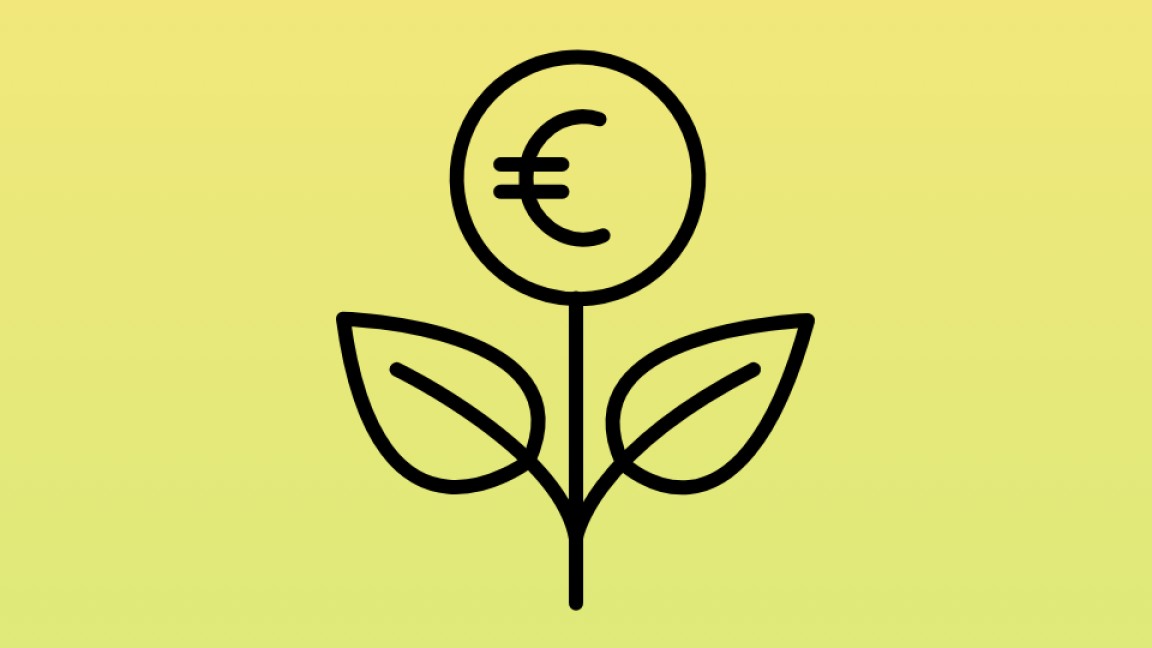We help partners worldwide to harmonise economic activity and the environment. We provide practical advice and concrete solutions to promote green growth, sustainable financing and circular business models – for a climate-friendly and socially just future.

Green Economy
Transitioning to a climate-friendly economy is one of the major challenges of our time. We devise tailored strategies which combine economic success and ecological responsibility.
Greening politics
GIZ supports its partners in shaping climate-friendly economic, environmental, labour-market and education policies. We use a mixture of market-based and state approaches:
- Green economic and industrial policies to effectively combine sustainable growth, competitiveness and climate action
- Environmental regulations and the integration of environmental issues into strategies and laws
- Education and labour-market policies enabling people to acquire the necessary skills for new occupations in the environmental sector and facilitating the emergence of new vocational courses.
Making financial flows fit for the future
A sustainable economy needs targeted investment and incentives. To this end, we:/p>
- Advise on green tax policies, subsidy reforms and public expenditure to promote climate-friendly commerce;
- Advise financial institutions on integrating environmental, social and governance criteria into their workflows;
- Support our partners in developing green financing products.
Enabling green business models
We work together with our partners to improve the conditions for climate-friendly companies capable of being part of the circular economy by:
- Helping economic promotion organisations and private providers to develop support services for environmentally friendly and climate-neutral business models;
- Supporting partners as they align the labour market with the green economy – for instance with appropriate curricula, careers advice and placement offers;
- Promoting cooperation between businesses and research facilities so that new technical solutions will be implemented in practice.
Developing industrial sites for tomorrow
We help in planning and operating industrial sites in an ecologically and socially responsible manner – in line with international standards.
Our goals:
- Including industrial parks as a central instrument for implementing country-wide strategies to enhance sustainability;
- Promoting industrial parks in the role of providers of shared infrastructure and services, to use resources more efficiently and to generate economic advantages.
Rethinking production
We aim for clean production methods and durable products::
- We support companies in developing products that can be repaired, re-used or recycled.
- We advise on the introduction of environmentally friendly procedures in plants and supply chains – e.g. in handling waste and wastewater, or switching to climate-neutral production processes.
Conscious purchasing for a better life
Conscious purchases can make a big difference. Clear information helps. To this end, we:
- Work with partners to develop certificates and digital platforms showing which items have environmentally friendly production;
- Advise public institutions on taking sustainability into account in purchasing – for example by means of clear criteria and regulations.